More Swiss students and women tap and ride Uber
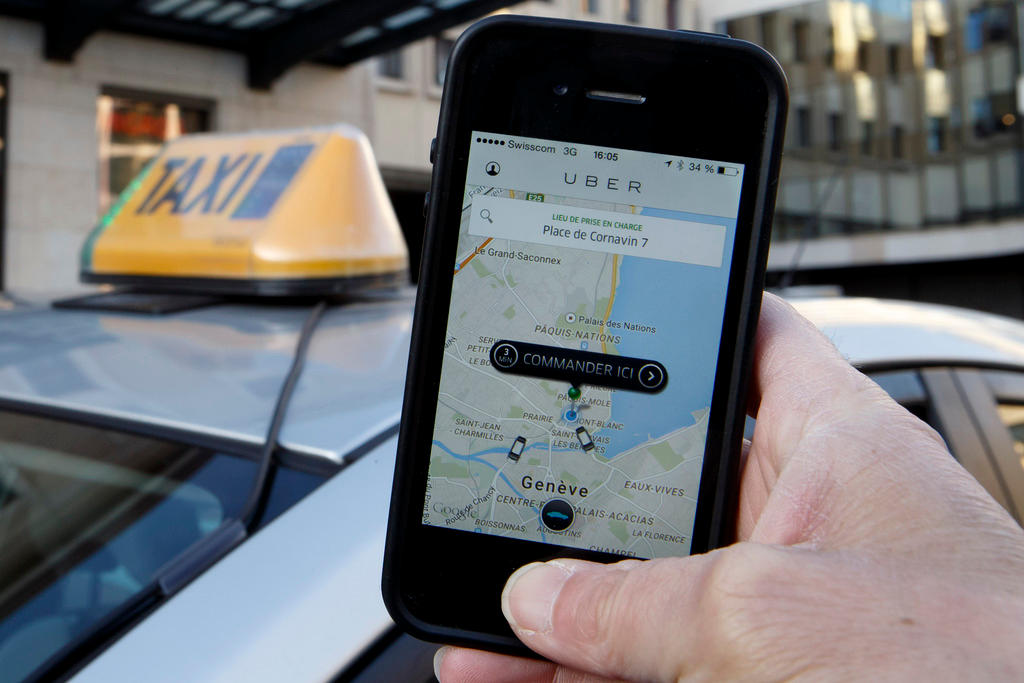
The ride-hailing service Uber presented new user figures on Monday, growing fourfold in two years in French-speaking Switzerland alone. The US company is confident it has become an important player in the Swiss sector, despite protests and lawsuits.
Available in Geneva, Lausanne, Zurich and Basel, Uber currently has 177,000 active users in the French-speaking region, up from 40,000 in 2015, according to the Uber-commissioned study.
Students and women in Geneva and Lausanne are growing fans of the ride-sharing taxi service, the survey claimed. Around 60% of users are under 35, and 20% are students. Women now represent 47% of users, up from 39% in 2015.
“Swiss students are generally much better off than their counterparts in France or Portugal, for example,” declared Eric Roditi, Senior Manager for Marketing and Partnerships at Uber Switzerland. “But most don’t live in the city centres and public transport services can sometimes be limited.”
The survey revealed that the vast majority of Uber rides in the cities are after 8pm (66%), with 36% after midnight. Among car owners questioned, 88% said they used the service at night to avoid getting caught drink driving.
Uber differs from other taxi firms in that it allows riders to order and pay for its services through smartphones. It does not own cars or employ drivers, but connects passengers and vehicles via its app, which is downloaded 3,000 times a week in French-speaking Switzerland, according to Uber. It claims its rides are 30-50% cheaper than those of traditional taxis.
There are currently around 1,000 active Uber drivers in Geneva and Lausanne, up from 250 two years ago. This is about the same as in the German-speaking region. Only 3% work over 40 hours a week.
After two years, Uber claims it is now an integral part of urban mobility in Geneva and Lausanne. Around 40% of those questioned in the survey said they have made new journeys since using the service.
“In general these figures are solid, but the problem with this kind of study is how representative it is,” said Emmanuel Ravalet, a mobility specialist at Lausanne’s Federal Institute of Technology (EPFL)External link. “In any case, there is no doubt Uber’s offer generates opportunities which allow journeys which were not possible before. People can afford to take an Uber cab at times when there is no public transport.”
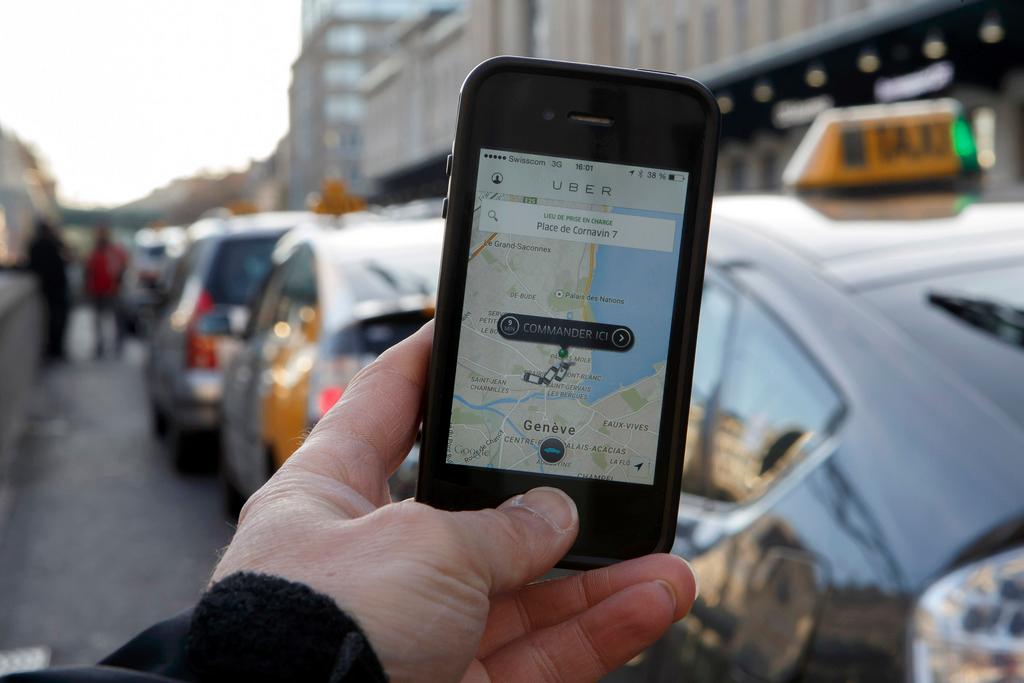
More
What makes people become Uber cabbies in Lausanne?
Controversial
However, Uber continues to generate controversy in many countries facing protests from traditional taxi drivers, lawsuits and regulatory bans. Swiss taxi drivers have repeatedly complained about and protested against what they consider to be unfair competition from Uber. Unions have accused the San Francisco-based firm of undercutting fare prices, lacking adequate insurance cover, and failing to enforce the type of quality controls that standard taxi firms are subjected to.
The Swiss government, however, generally takes a liberal approach to such new businesses.
Alexandre Molla, Uber’s director for French-speaking Switzerland, described 2017 as a ‘regulatory turning point’.
“There is a new law in Geneva voted last October and this should enter into force in July. It is not perfect but it integrates Uber into the local taxi regulations. There is a recognition that we are an important actor in this sector. In canton Vaud a new law is being prepared. It is early but we hope for an opening up of the market and increased urban mobility. And at federal level two motions have been filed urging for the taxi sector to be modernized,” he told swissinfo.ch.
“Switzerland is a very important market as it is the one where people travel the most kilometres per week. This is due to its very developed road and rail infrastructure. It also has very decentralized regulations. The authorities are much closer to decision-making and have a very pragmatic and consensual approach.”
The eight-year-old company is present in 565 cities worldwide, including Lausanne, Geneva, Basel and Zurich. It has over one million drivers, or ‘partners’, 40 million regular customers, 12,000 employees and stock market value of $69 billion. Last year, despite an estimated turnover of $5 billion it recorded a loss of $3 billion.
Recently, Uber has been hit by a series of high-level company departures following a string of scandals. These include allegations of sexual harassment and discriminationExternal link at the firm, a video of CEO Travis Kalanick berating an Uber driverExternal link, a legal battle with Google over the alleged theft of driverless car technology, and revelations it used software to deceive city External linkregulators and spy on rival LyftExternal link.

In compliance with the JTI standards
More: SWI swissinfo.ch certified by the Journalism Trust Initiative

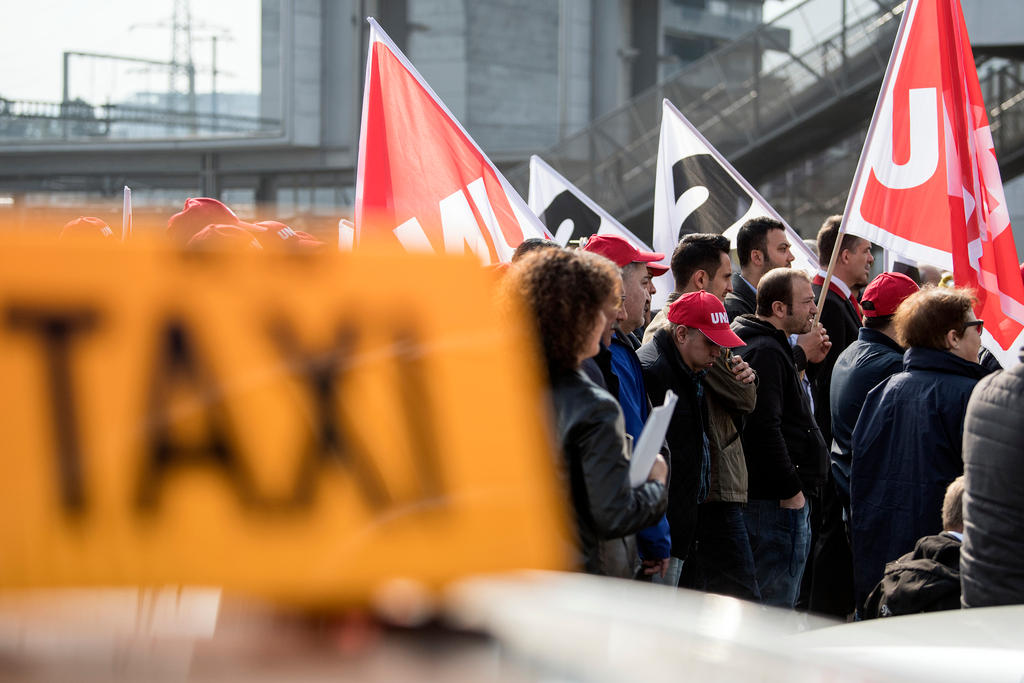
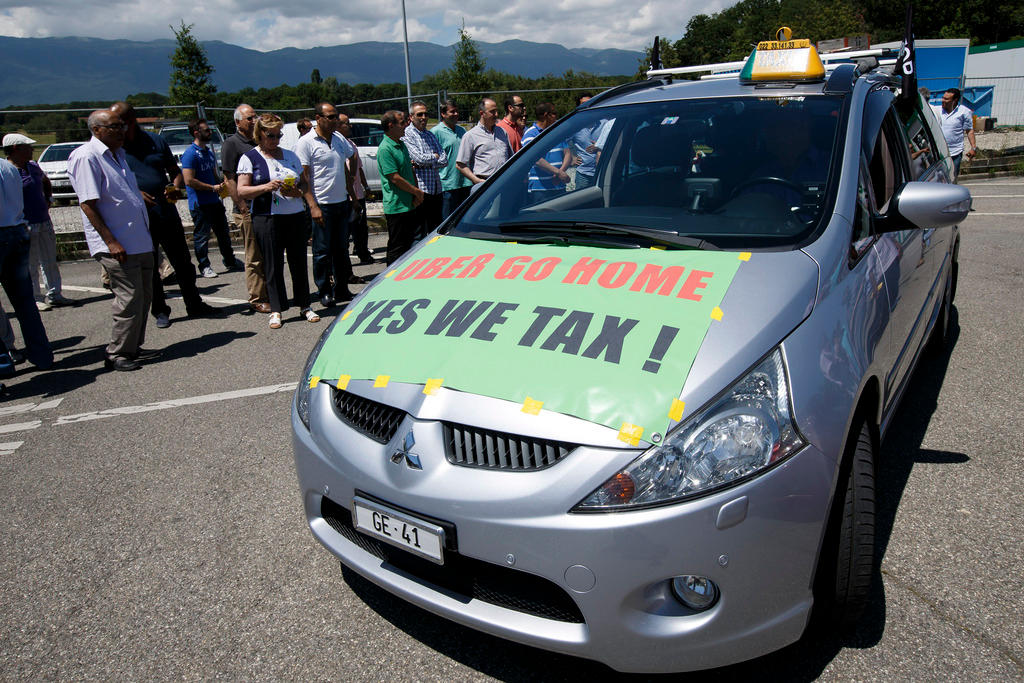
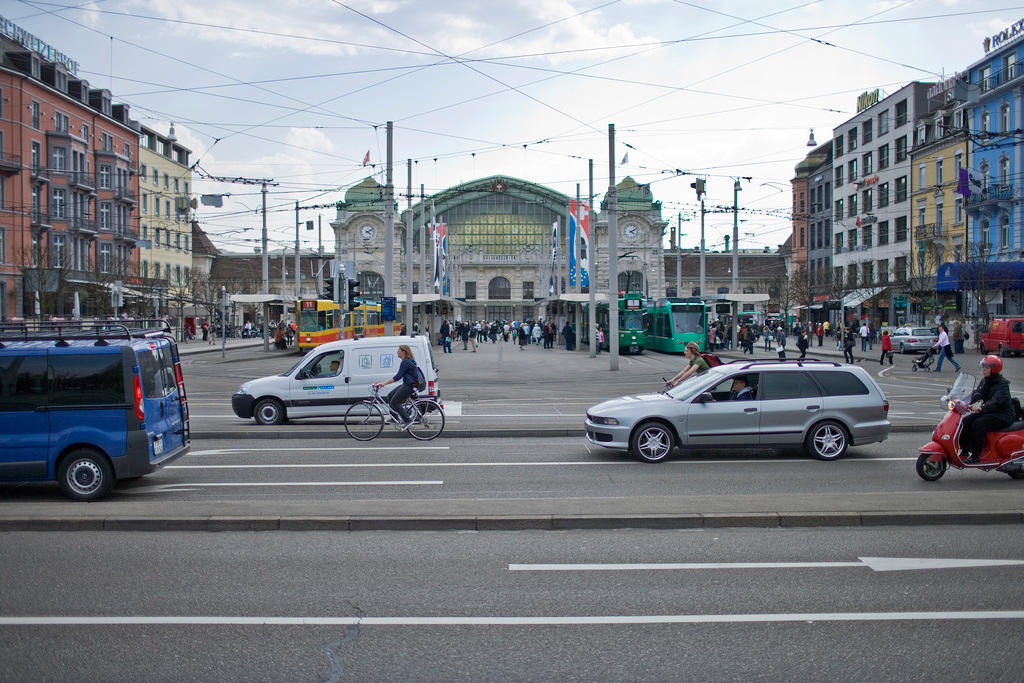

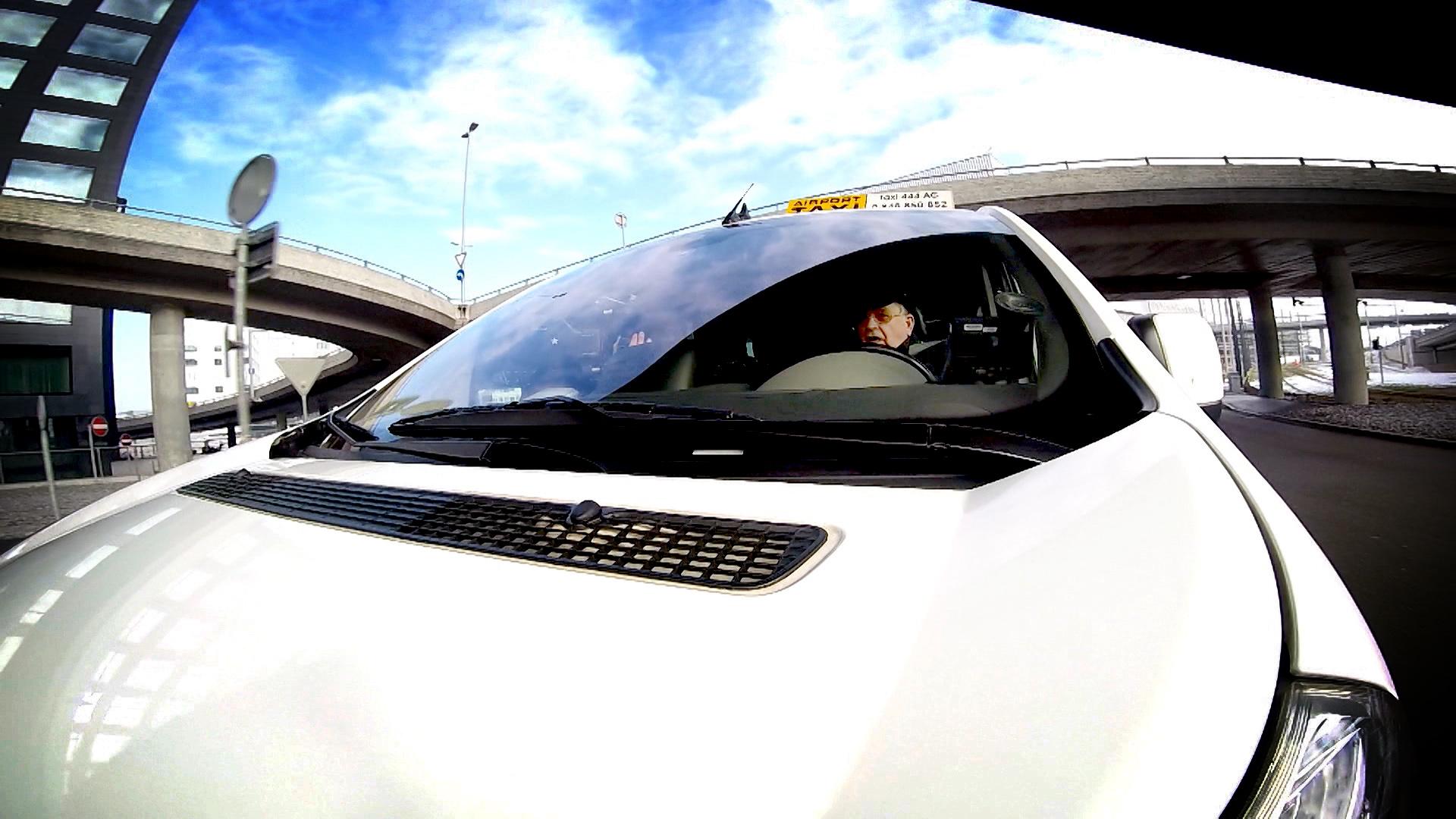
You can find an overview of ongoing debates with our journalists here. Please join us!
If you want to start a conversation about a topic raised in this article or want to report factual errors, email us at english@swissinfo.ch.